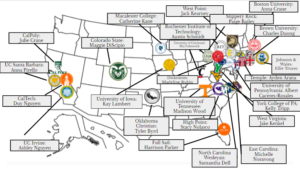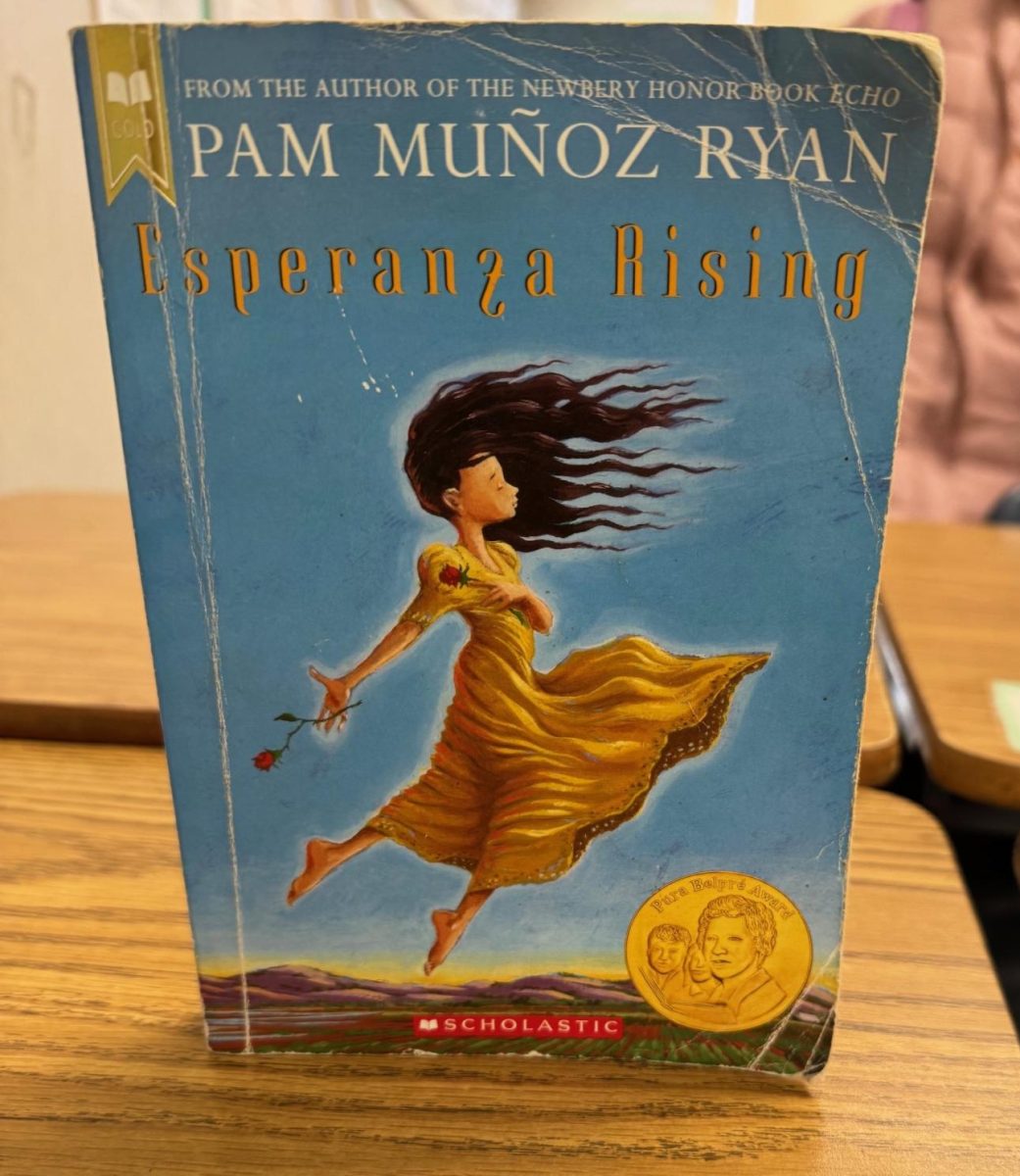Spanish Region Struggles for Independence
October 22, 2017
One of the vectors of state building in the modern world is a declaration of independence. Declarations of independence have a rich, storied history, from the American Declaration of Independence that spared the American Revolutionary War, to more a modern example, South Sudan, and now Catalonia.
Catalonia is a region of Spain in the northeast corner of the Iberian country. Catalonia is well known for their beaches on the coast of the Mediterranean Sea, as well as the city of Barcelona. Barcelona is the second largest city in Spain behind Madrid, as well as the championship soccer team FC Barcelona.
Catalonia is more than just all-star soccer teams, historic cities, and sunny beaches. Catalonia has a deep cultural heritage rooted in a deep belief in independence from Spain. After the end of the fascist regime in Spain fell, Catalonia began a journey to increased autonomy in all aspects, government, culture, and economics.
Recently, members of a political movement based in Catalonia, called for a referendum to secede from Spain. The vote was scheduled for the first of October. They believed that they were being treated unfairly by the Madrid-based national government, and that their cultural heritage was not being respected.
With all the organization behind this movement, one might expect that there was wide, deep support for an independence vote. This was not the case, as many Catalan citizens feared the repercussions of secession. For example, famers, merchants, and wine makers benefited immensely from the trade agreements that Spain has with the Eurozone as well as other large nations and trading blocs. By seceding from Spain, Catalonian business people would lose those trade deals, and be forced to deal with steep tariffs and other trade impediments.
When October 1, 2017 finally rolled around, Spanish police forces attempted to keep voters from casting their ballots in the referendum, saying that the referendum was illegal and would not be upheld by the federal government. When all the ballots were cast, 90% of them called for the independence of Catalonia, although only around 50% of the population turned out to vote.
With the vote behind them, Catalonian independence leaders struck out to craft their own declaration of independence. But when it was finally signed, declared, and made public, the federal, Spanish government deemed it void and illegal, and officially not recognizing it.
In response, Spain has been racked by days of impromptu protests in support of Catalonian independence. Only time will tell whether or not declarations of independence are still a vector for modern day secession d state building.





ILoveNews • Nov 3, 2017 at 9:20 am
Such a shame to see history repeating itself. World leaders need to learn that oppression will only give the oppressed the resolve they need to bring about change.